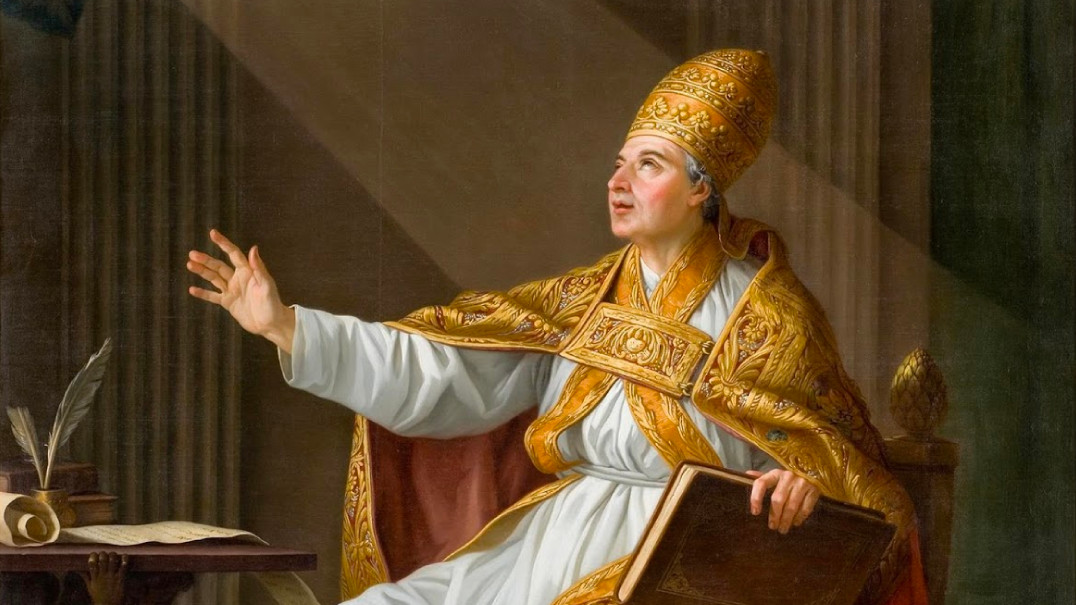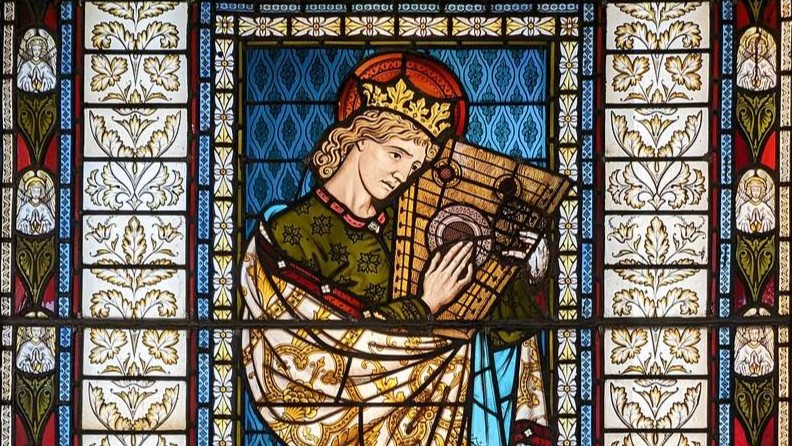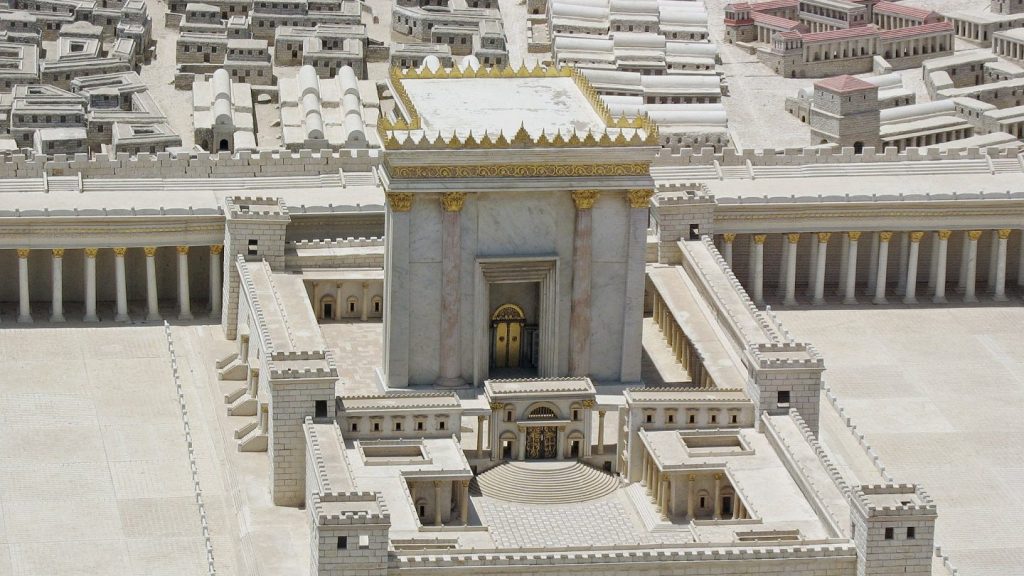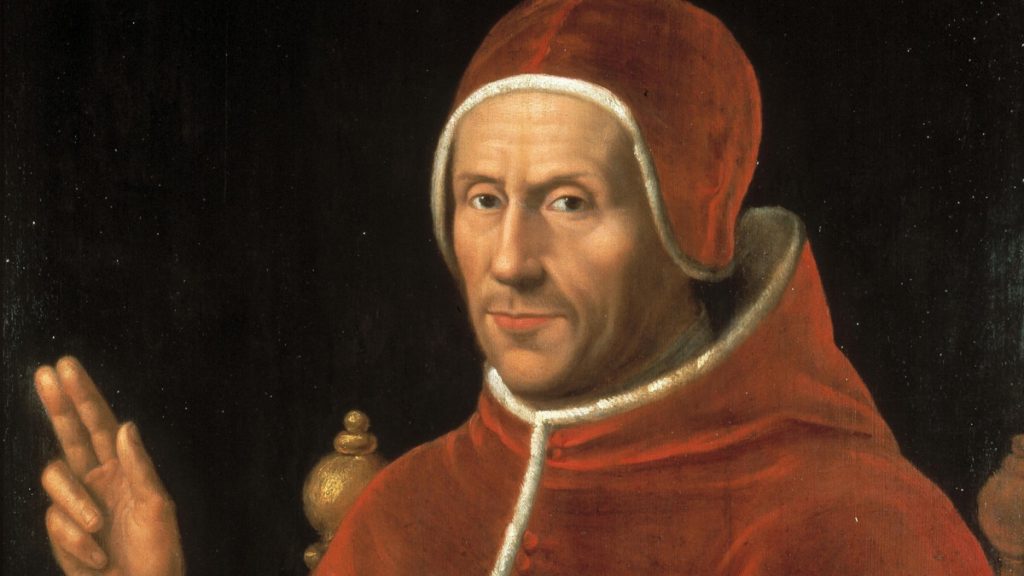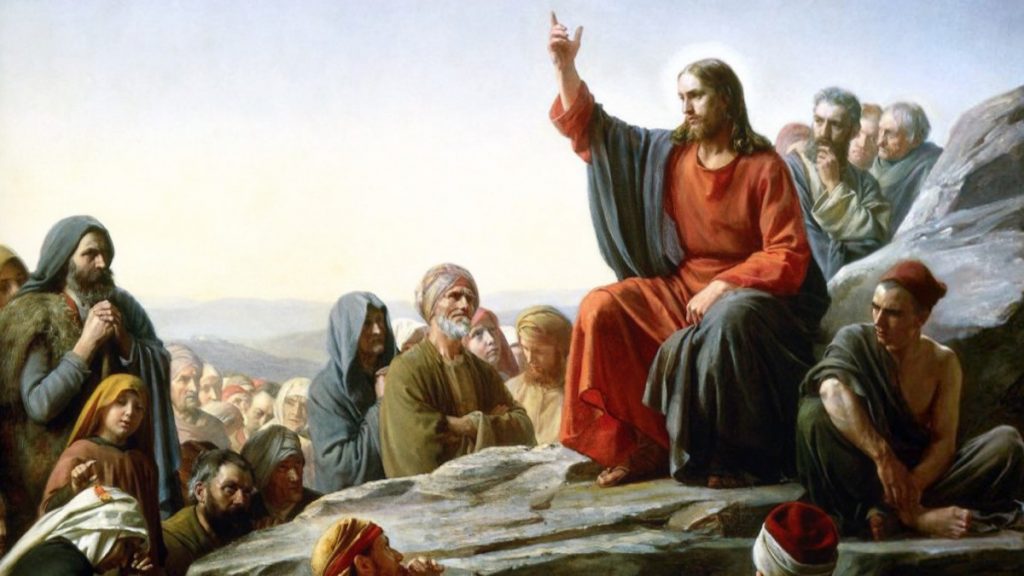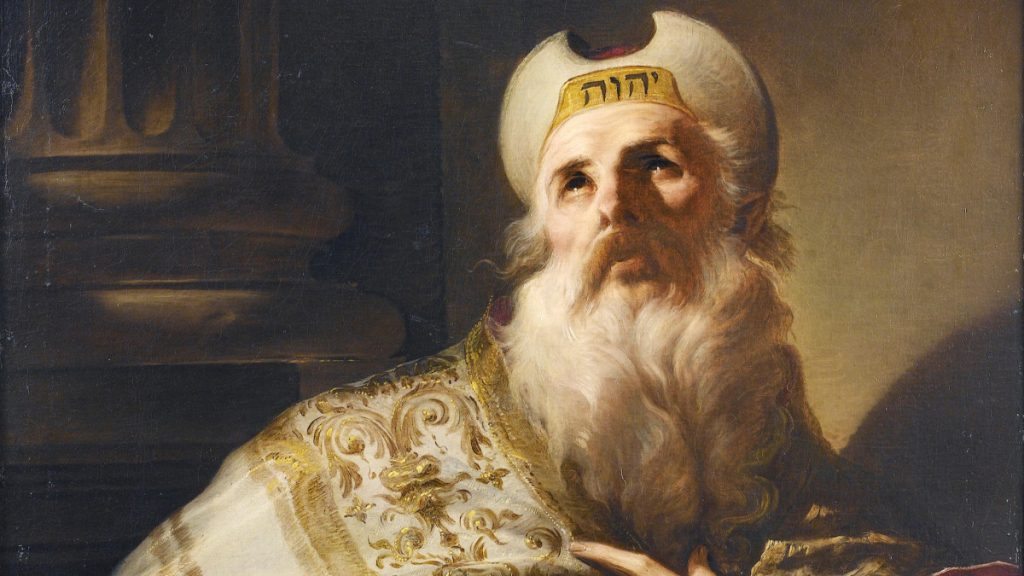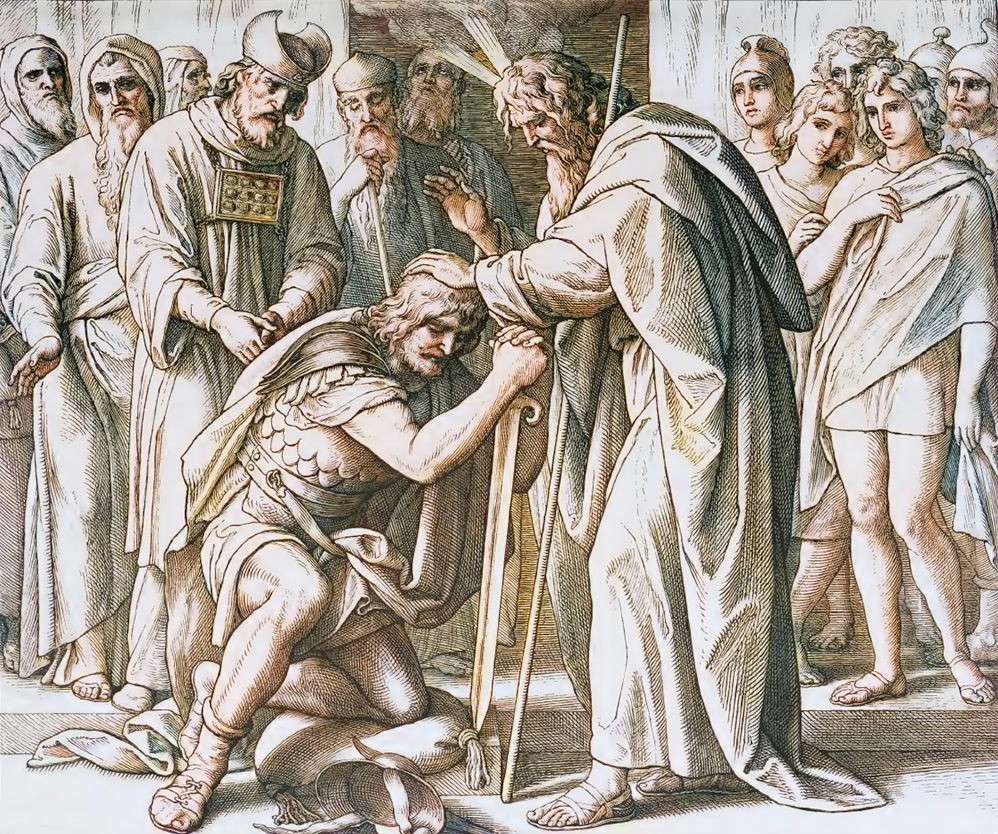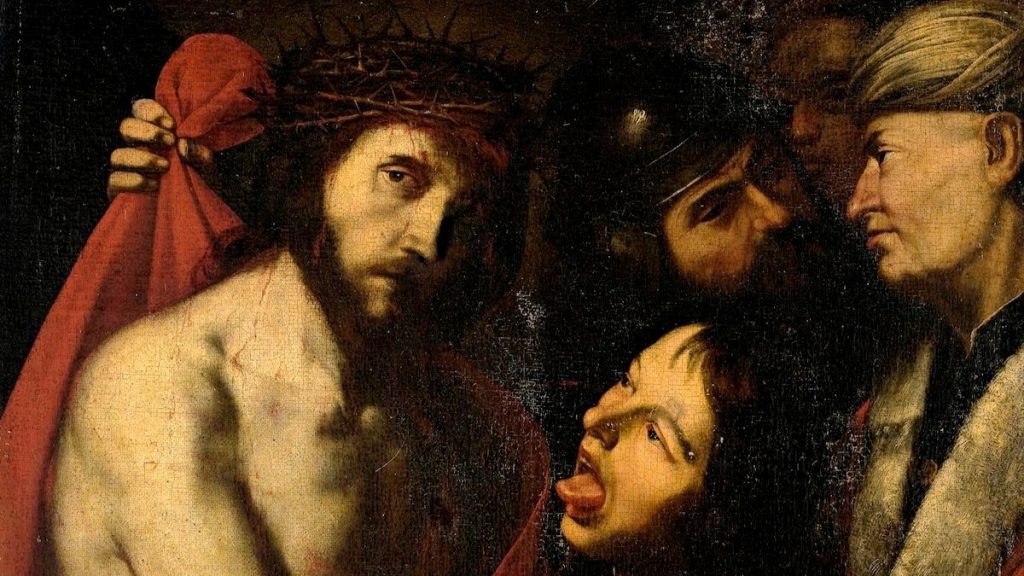Relevant Resources
- Podcast Episode #7 | YouTube | Apple | Spotify
- Quote Archive | The Papacy and the Invincibility of the Church
- Study Bank | The Ancient Lists and Testimonies of Popes Succeeding from Peter
Roadmap
This “Papal Snapshot” concerns the assertions about the Pope’s authority in resolving doctrinal questions by St. Peter Chrysologus in a letter written to the later condemned eastern heretic, Eutyches in 448.
Our Roadmap is as follows:
- Our thesis is that St. Peter Chrysologus’s letter provides very strong evidence of a Catholic understanding of the papacy, and in particular the necessity of the Pope in resolving doctrinal issues. We will show this by:
- Providing historical context for the letter; then
- Quoting relevant sections of St. Peter Chrysologus’s Letter to Eutyches; then
- Summarizing the conclusions we believe can be reasonably inferred from his letter.
Historical Context
In 448, Eutyches—a priest and archimandrite (superior abbot) of a monastery in Constantinople—wrote to St. Peter Chrysologus—the bishop of Ravenna in Italy—about doctrinal controversies taking place in the east.1 That year, he was condemned by a council convened by Bishop Flavian of Constantinople for what would eventually become known as the heresy of Eutychianism, which was a form of Monophysitism. The Monophysite heresy, its various forms, essentially taught that Christ’s humanity had been absorbed by His divine nature, resulting in one ultimately divine nature, rather than the orthodox position that He was one person with two natures, human and divine. Eutyches refused to accept the council’s verdict, and wrote St. Peter Chrysologus (a bishop) and St. Pope Leo the Great for protection. Eutyches was eventually condemned by Pope Leo and the Council of Chalcedon a few years later in 451.
St. Peter Chrysologus’s Letter to Eutyches (448)
Eutyches’s letter was received with great grief by St. Chrysologus, who decried the loss of peace among priests and churches (§1, pg. 285):
For, just as peace among the churches, mutual harmony among priests, and the tranquility of the people cause us to rejoice with heavenly joy, so fraternal dissension afflicts and depresses us, especially when it arises from causes such as these…[A]fter so many centuries, Christ’s origin, which the divine Law calls indescribable, is still bandied about in rash disputation!
He continued by contrasting the worship of Christ by the Magi with the disputations about Him by priests (pgs. 285, 286):
By their symbolic gifts the Magi acknowledged Jesus in the cradle as God, yet priests by their lamentable debating dispute about who He is who was conceived from the Holy Spirit and born by a virgin birth!… 285 | 286 Neither can we turn this matter over and over again in our minds in detrimental fashion. We are ordered to honor Him, and fear Him, and await Him, not to debate about Him whom we acknowledge as our Judge.
The letter concludes with a significant statement on papal authority (§2, pgs. 286-87):
However, we give you this exhortation in regard to everything, honorable brother: obediently heed these matters which the most blessed Pope of the City of Rome has written, because blessed Peter who lives and presides in his own see proffers the truth of faith to those who seek it. 285 | 286 For, in accordance with our pursuit of peace and of faith, we cannot decide upon cases of faith without the harmonious agreement of the Bishop of Rome.
Conclusions
We can draw the following conclusions from St. Peter Chrysologus’s letter to Eutyches:
- St. Peter Chrysologus believed that through the papacy, St. Peter “lives and presides” from the Roman Church, and exercises this ministry through the Bishop of Rome, the Pope, as his successor.
- In his ministry as the successor of St. Peter, the Pope “proffers the truth of faith to those who seek it.” This statement by St. Peter Chrysologus at the very least implies the notion of papal infallibility, since he declares that the “truth of faith” will be made available to all who seek it of the Pope, which flows from the fact that St. Peter “lives and presides” over the Roman Church.
- Christians have a duty to pursue peace and faith, and this duty means doctrinal disputes about the faith cannot be resolved without the agreement of the Pope. St. Peter Chrysologus seems to assume that Eutyches, an easterner, is aware of this. Even if he was not (though by virtue of the fact that he appealed to St. Pope Leo the Great, he certainly seemed to be), St. Peter Chrysologus’s statement assumes that the Pope’s authority extends to Eutyches as much as to anyone in the west, making his jurisdiction universal.
- These premises lead to the conclusion that St. Peter Chrysologus had a thoroughly Catholic understanding of the papacy as the supreme and universal authority in the Church on matters of doctrine. While he is not explicit in asserting that the Pope can act alone in such matters, he nonetheless believes that no council can render a final judgment in matters of faith without his agreement.
Footnotes
- St. Peter Chrysologus and St. Valerian, George E. Ganss, S.J., trans., The Fathers of the Church, Vol. 17: Saint Peter Chrysologus Selected Sermons; Saint Valerian Homilies (Washington, DC: The Catholic University of America Press, 2004), 285-87. ↩︎
